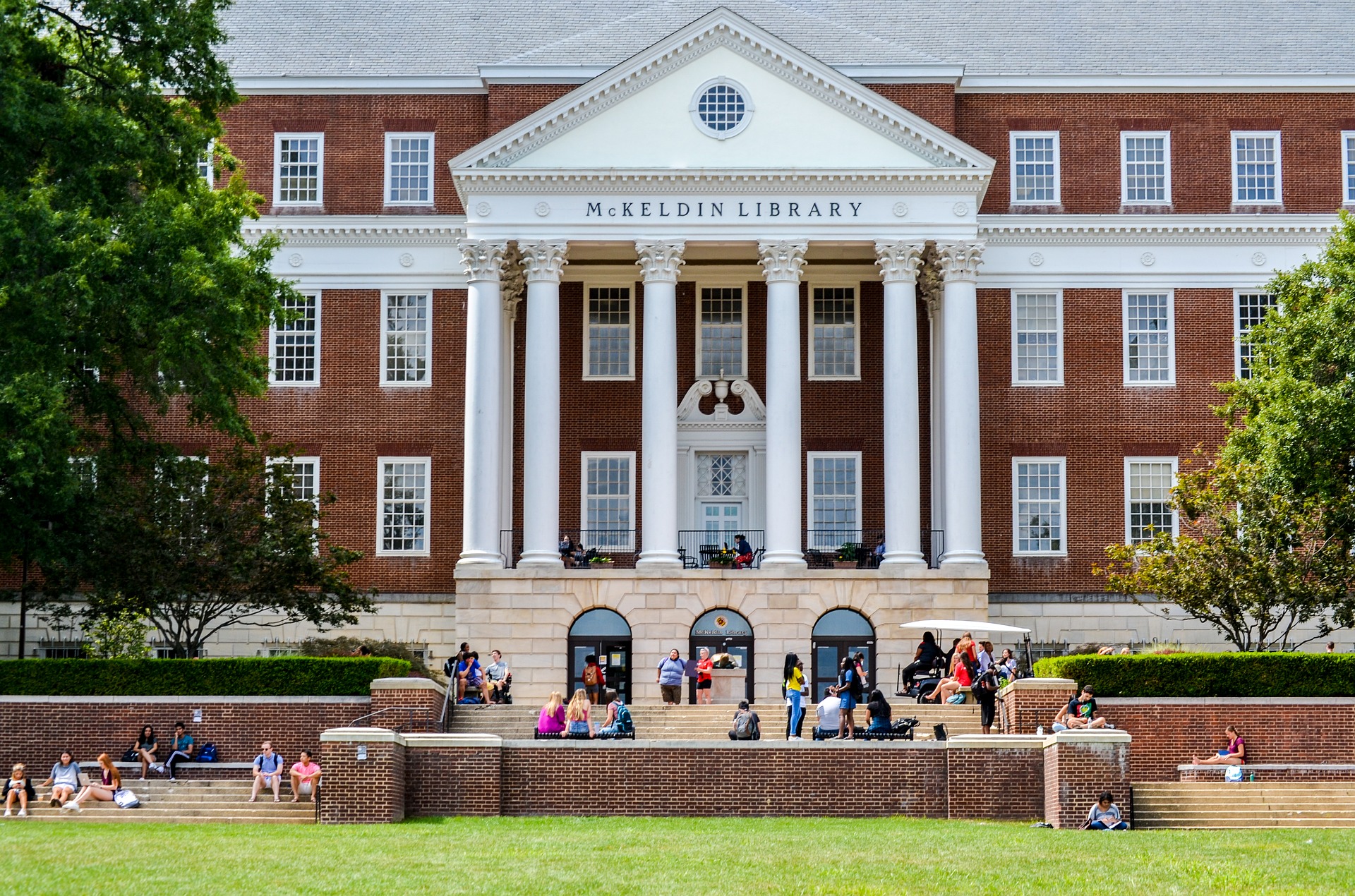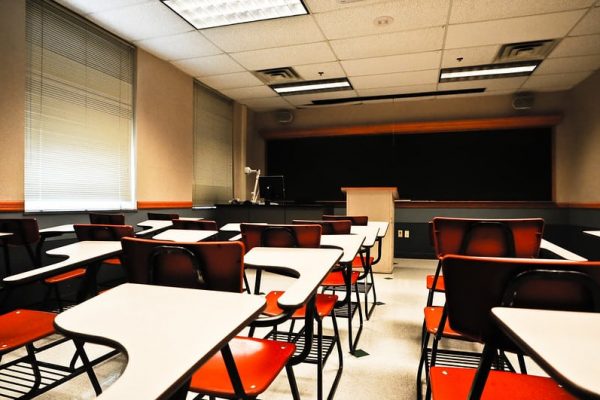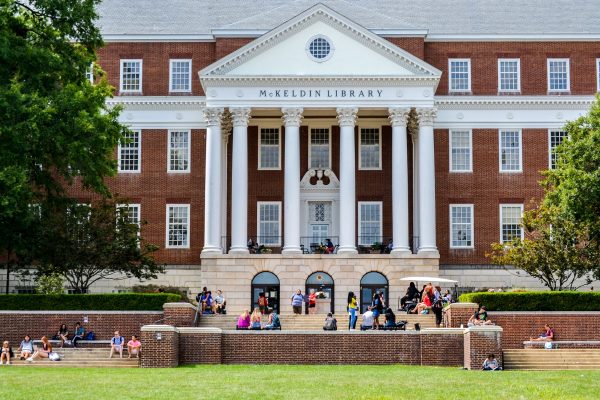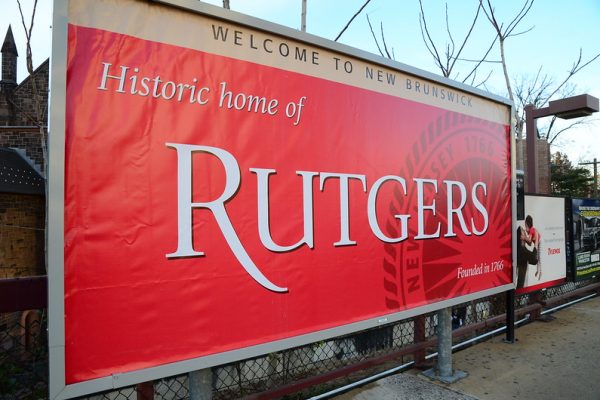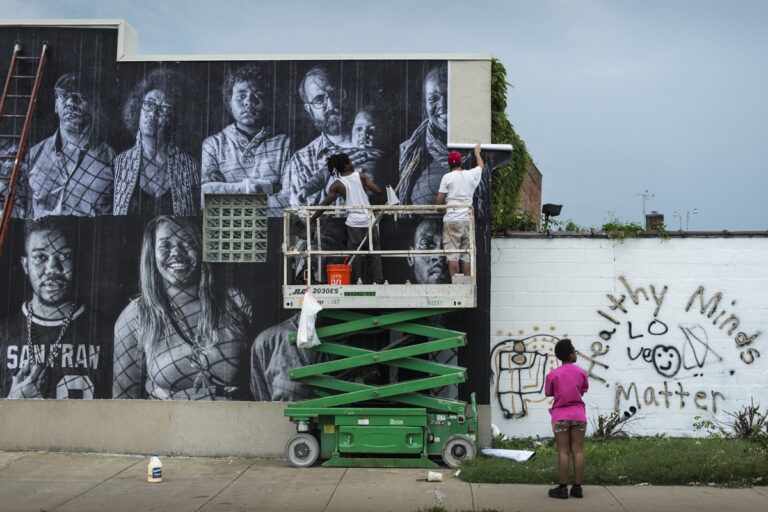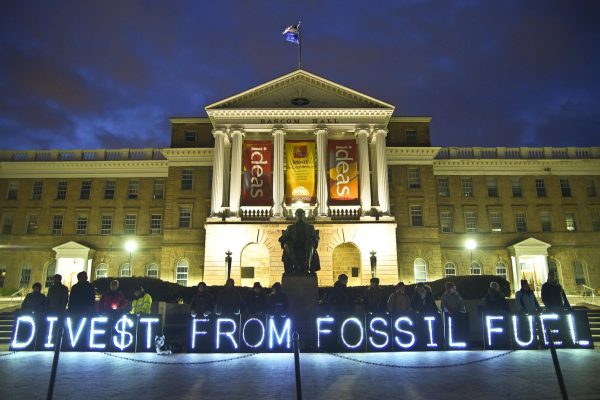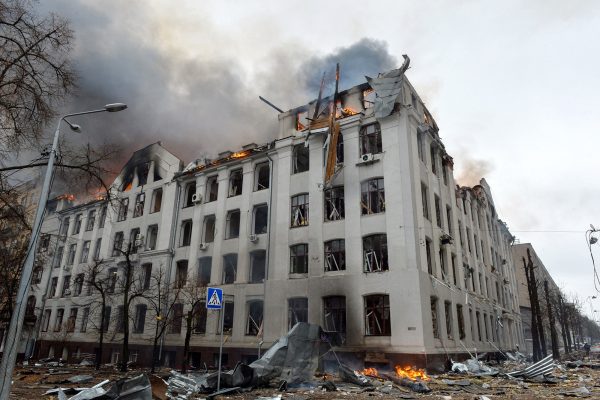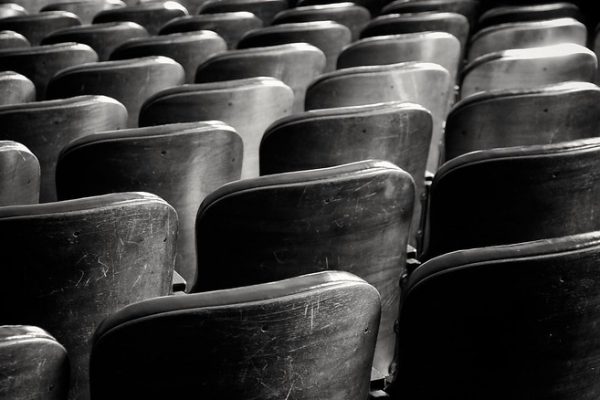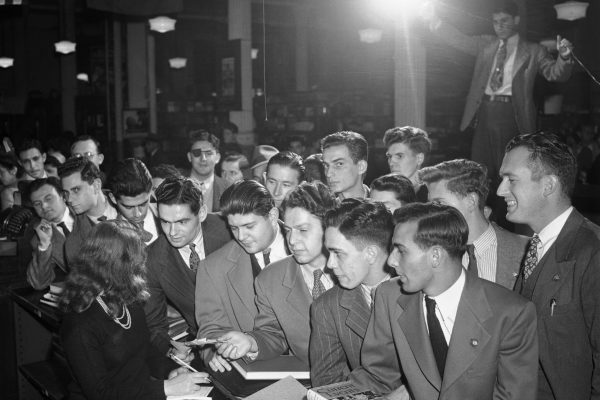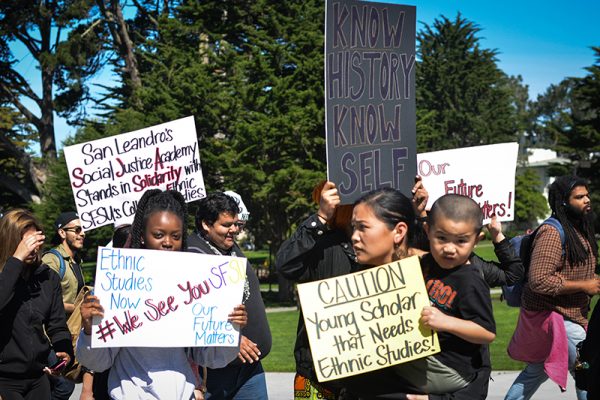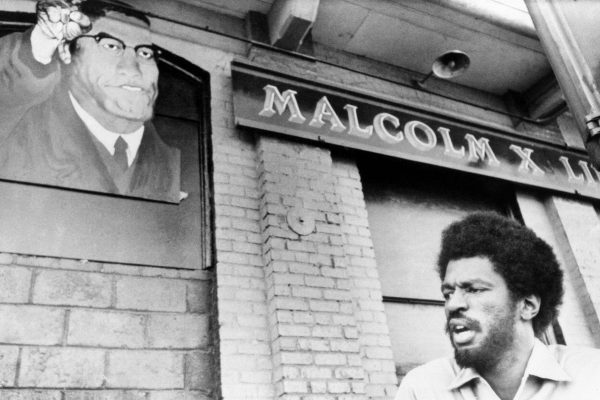As the academic year begins, pundits continue to lament the “crisis in higher education,” although nobody seems to agree on its nature. Conservatives rage against liberal indoctrination in curricula. Meanwhile, progressives decry the consequences of austerity-driven restructuring: undemocratic university governance, precarious teaching jobs, and ballooning student debt. Are these two debates talking past each other? Both acknowledge that what happens on campus doesn’t stay there—the university plays a central role in broader struggles over economic and political power.
Consider the shifting conservative attitude toward higher education. As Marshall Steinbaum explains, formerly anti-intellectual conservatives have come to embrace the university. By cannily appealing to liberal values of openness and ideological diversity, they have advanced a narrative of rightwing marginalization on campuses that enables them to set the terms of debate. The rightwing embrace of the university shouldn’t surprise us. As Steinbaum shows, these institutions have long served conservatives’ goal of preserving hierarchy even while claiming to serve as engines of socioeconomic mobility; liberal defenders of universities as opportunities for “human capital” investment have played into their hands.
But while American universities persist in reproducing inequalities, that need not be their only function. In a classic Boston Review forum, Robin D. G. Kelley recalls a tradition of “fugitive study” led by Black campus radicals since the 1960s. Without expecting universities to be “engines of social transformation,” one can “sneak into the university and steal what one can,” using these institutions to incubate movements across and beyond campus. For example, the faculty union at Rutgers recently pursued a visionary strategy of Bargaining for the Common Good: working hand-in-hand with other parties affected by the university’s austerity regime, they sought to unionize not just adjuncts but also students, non-teaching staff, and the broader community.
Elsewhere in this week’s list, BR writers explore the possibilities and limits of social change emanating from campuses, acknowledging that “the classroom is not an inherently liberatory space,” as Victoria Baena puts it in her review of revisionist histories of pedagogy. Lorgia García-Peña discusses ethnic studies departments and the histories of protest that built them, while Andrew J. Douglas and Jared Loggins provide a history and assessment of Black studies. An exchange about fossil fuel divestment campaigns questions the role of student protest in climate politics. Writing from a city under siege, Ukrainian feminist Irina Zherebkina reflects on the history of women’s studies after the USSR and its impact on geopolitics in Eastern Europe. Other pieces explore debates over distance learning, mandatory retirement policies, and affirmative action in universities. Read on for more.
Education is not inherently liberatory: it has always been an arena for broader struggles over who has access to knowledge and to what ends learning is put.
Why the left’s turn from higher education has coincided with a newfound conservative appreciation for it.
Astra Taylor talks with Rutgers faculty union president Todd Wolfson about organizing academic communities in the age of COVID-19.
Forum
The university is not an engine of social transformation. Activism is.
University fossil-fuel divestment is a well-meaning, but misguided, enterprise.
How fossil-fuel divestment can be an effective strategy for environmental change.
On the importance of women’s studies after the USSR collapsed, and what it helps us understand about Putin’s war on Ukraine.
Technological changes threaten the interests of students and teachers alike.
How faculty retirement policies shape racial and gender diversity on campus.
Revisiting When Affirmative Action Was White, nearly two decades on.
An interview with Lorgia García-Peña on ethnic studies and protest.
Even as they carve out space for Black scholarship, established universities remain deeply complicit in racial capitalism. We must think beyond them.
